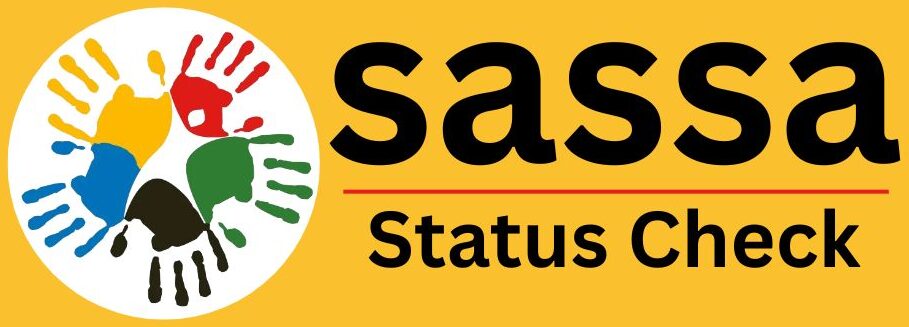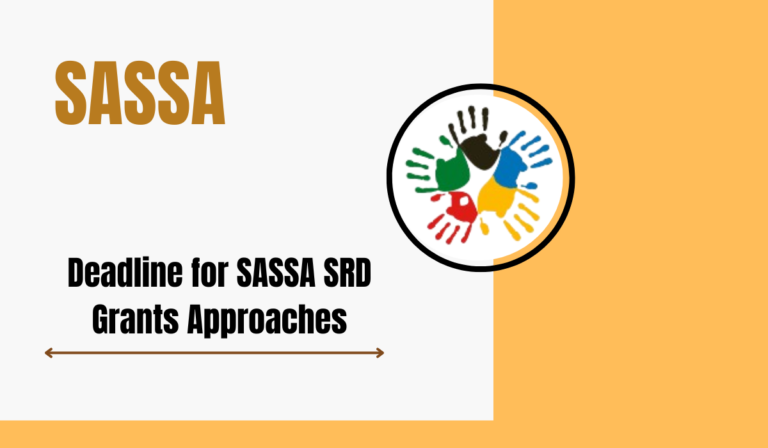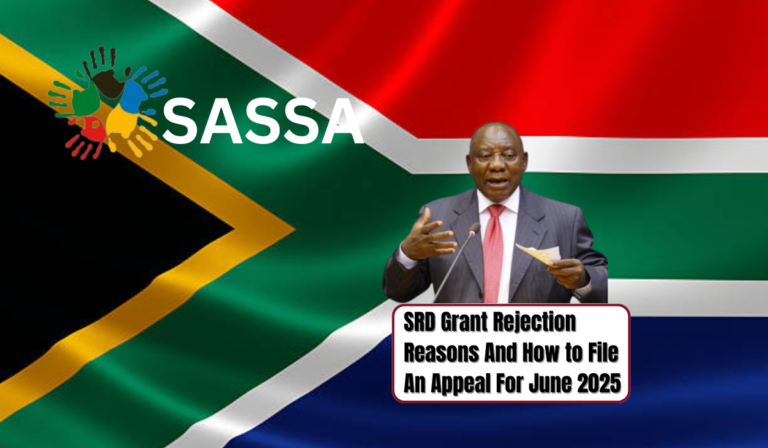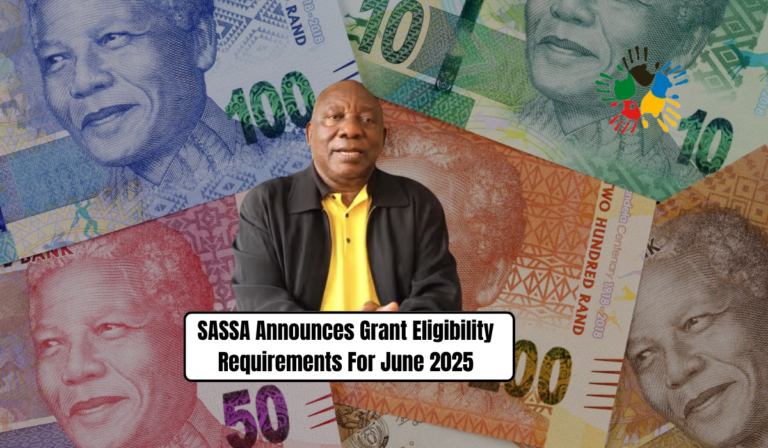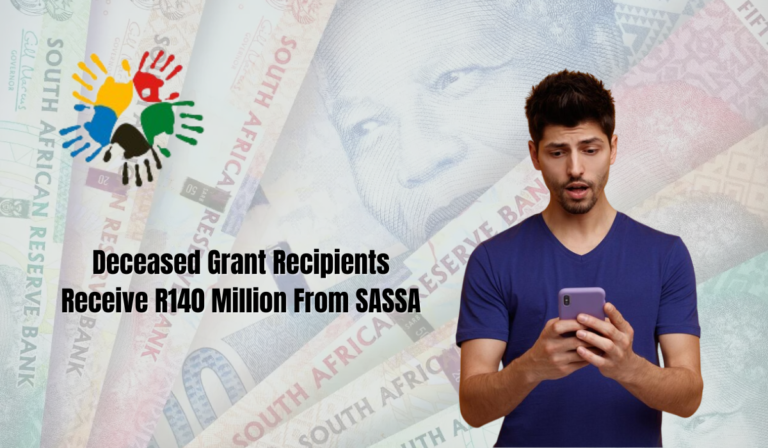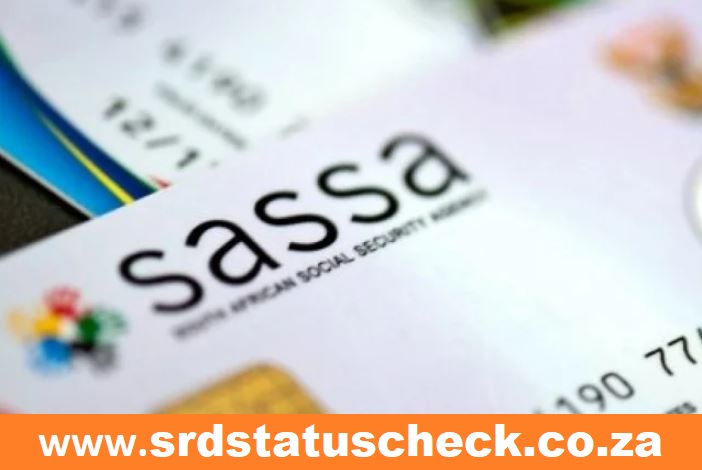Do Sassa Grant Beneficiaries Eligible For NSFAS?
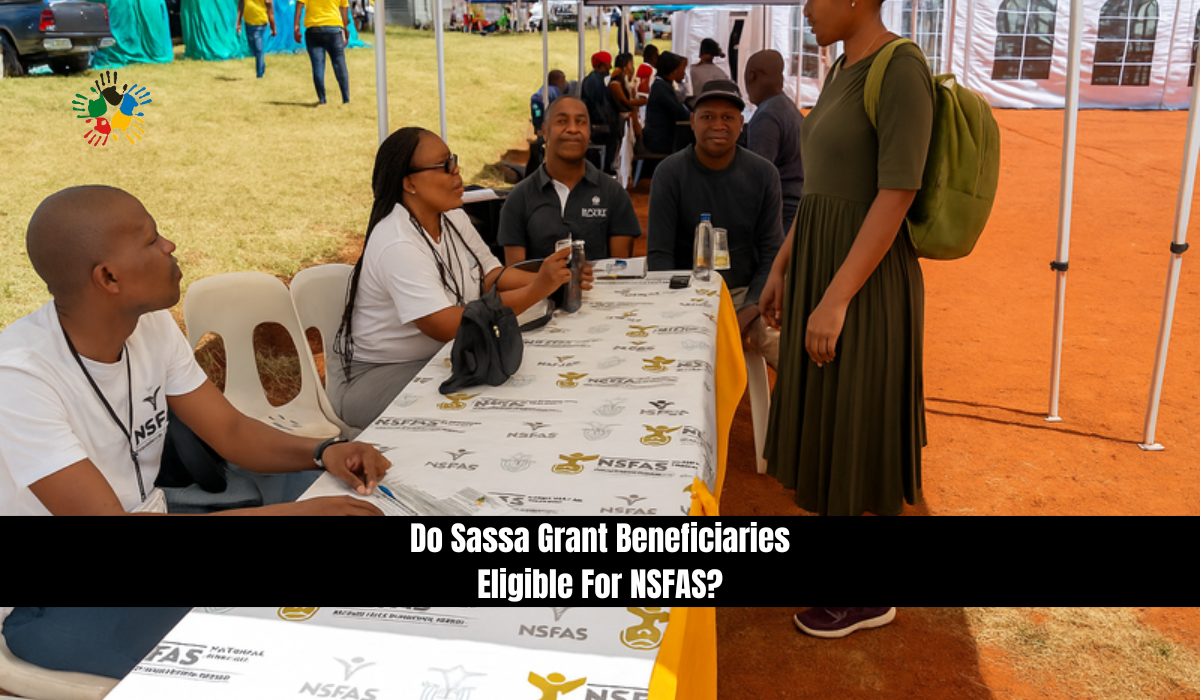
Do Sassa Grant Beneficiaries Eligible For NSFAS? If you are a South African student wondering whether receiving a SASSA grant affects your chances of qualifying for the National Student Financial Aid Scheme (NSFAS), you’re not alone. With thousands of young people dependent on both NSFAS and SASSA for financial assistance, it’s crucial to understand how these two systems interact.
In this guide, we break down the eligibility rules, explain the SASSA grant types that are considered, and clarify which students may receive NSFAS funding even if their household income exceeds the usual limit.
Understanding NSFAS and Its Role
NSFAS (National Student Financial Aid Scheme) is a government-funded programme that provides financial aid to eligible students who wish to study at public universities or TVET colleges across South Africa.
The NSFAS funding typically covers:
- Registration fees
- Tuition fees
- Accommodation
- Transport allowance
- Living (food) allowance
- Learning materials
The main aim is to enable underprivileged students to access higher education and complete their qualifications without financial burden.
NSFAS Household Income Requirements
To qualify for NSFAS, the financial situation of a student’s household plays a key role. The NSFAS household income threshold is set to ensure only financially needy students receive assistance.
| Applicant Type | Maximum Annual Household Income |
|---|---|
| General applicants | R350,000 or less |
| Students with disabilities | R600,000 or less |
However, exceptions exist—especially for SASSA grant recipients.
Are All SASSA Beneficiaries Automatically Eligible for NSFAS?
Not all SASSA grants make you automatically eligible for NSFAS. But some SASSA grant types do offer automatic NSFAS qualification, regardless of the applicant’s household income.
- Child Support Grant
- Foster Child Grant
- Care Dependency Grant
If you’ve received any of these grants within the past three years, you may automatically qualify for NSFAS funding, provided you are enrolled at an accredited institution and meet the academic performance criteria.
Important: Automatic qualification does not apply to all SASSA grants.
What About SRD Grant Beneficiaries?
One of the most common questions students ask is:
“Does receiving the SRD (Social Relief of Distress) grant qualify me for NSFAS?”
Unfortunately, the answer is no. If you’re a SRD grant recipient, you will not automatically qualify for NSFAS. Instead, your application will be assessed based on your household income.
| Grant Type | Automatically Qualifies for NSFAS? | Notes |
|---|---|---|
| Child Support Grant | Yes | Must be within the past 3 years |
| Foster Child Grant | Yes | Must be within the past 3 years |
| Care Dependency Grant | Yes | Must be within the past 3 years |
| SRD (Social Relief of Distress) | No | Income threshold applies; no automatic qualification |
Academic Requirements Still Apply
Even if you qualify through a SASSA grant, you must still meet the academic criteria set by NSFAS. This includes:
- Being registered at a public university or TVET college
- Passing at least 50% of your modules if you’re a continuing student
- Meeting the minimum academic performance standards
What Documents Do SASSA Grant Beneficiaries Need for NSFAS?
If you’re applying for NSFAS as a SASSA beneficiary, ensure you have the following documents:
- Certified copy of your ID document or birth certificate
- Proof of SASSA grant (only for eligible grants: Child Support, Foster Child, Care Dependency)
- Proof of registration at a recognized institution
- Academic transcript or recent school results
If you are under 18 or have a guardian, additional supporting documents may be required.
How to Apply for NSFAS as a SASSA Beneficiary
- Visit the official NSFAS website at www.nsfas.org.za
- Register an account and complete your MyNSFAS profile
- Fill in your personal and academic details
- Select SASSA grant recipient in the funding section
- Upload supporting documents
- Submit your application before the closing date
Note: Double check your SASSA grant type before applying, and make sure your ID number matches the SASSA database to avoid rejection.
Benefits of NSFAS for Eligible SASSA Grant Recipients
Receiving both a SASSA grant and NSFAS funding can significantly improve a student’s quality of life. Here’s how:
| Benefit | Description |
|---|---|
| Full Tuition Coverage | NSFAS covers 100% of tuition at approved public institutions |
| Monthly Allowances | Includes funding for food, transport, and study materials |
| Accommodation Support | Covers residence or private accommodation fees |
| No Repayment for Bursaries | Students don’t repay if they meet academic progression requirements |
FAQs About SASSA Grant Beneficiaries
Does receiving a SASSA Child Support Grant mean I automatically qualify for NSFAS?
Ans: Yes, if you received the Child Support Grant in the past three years, you automatically qualify for NSFAS. You still need to meet the academic and registration requirements.
Can SRD grant recipients apply for NSFAS?
Ans: Yes, SRD grant recipients can apply, but they will be assessed using the standard income eligibility rule (R350,000/year or less). There is no automatic qualification for SRD grant holders.
Do I need to provide proof of my SASSA grant when applying for NSFAS?
Ans: Yes, it’s important to provide proof of your SASSA grant, especially if you’re applying through the automatic qualification route. Ensure your grant is one of the three eligible types and was received within the last three years.
Conclusion
Yes, some SASSA grant beneficiaries are eligible for NSFAS, and they may even qualify automatically. However, this only applies to students who have received the Child Support Grant, Foster Child Grant, or Care Dependency Grant—not the SRD grant.
